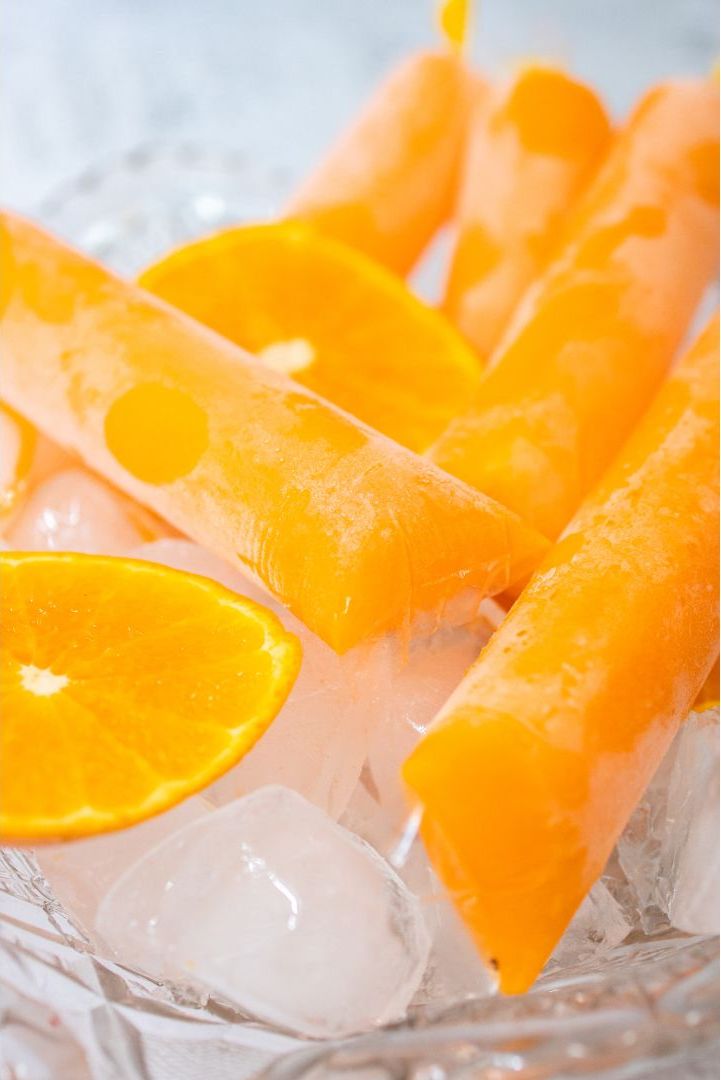A Stream of Prayer
2June 20, 2021 by The Citron Review
by Sara Siddiqui Chansarkar
When my family in India sleeps, I recite Aayat-e-Karima, a verse from the Quran, counting the repetitions on my phalanges—to maintain an unbroken stream of prayer across time zones.
My sister said we must—collectively, with aunts and cousins—repeat the verse 125,000 times for Khala. Our aunt. Our mother’s younger sister.
Last week, I video-called Khala, teased her for lounging in the hospital, enjoying being pampered by nurses. If there’s one thing that years of staticky telephone calls and shaky Internet connections has taught me, it is to wrap emotions with levity.
Come on, Khala, be well already. You’re worrying everyone, I said.
I’m trying. Pain erupted under her skin like roots bulging through a sidewalk.
Get back on your feet and make some carrot pickle. I’ll take it when I visit.
When?
Soon.
Her head rested on a white pillow, chin up towards the ceiling, upper jaw protruding. Never noticed that about her face when she stood in the kitchen, stirring the saalan, or sat in the porch, telling stories. Pain transforms a person’s face.
I continue the prayer, my lips moving in synchrony with the tip of my right thumb moving up from the lowest rung of the pinky finger, jumping to the adjacent ring finger, then middle and index digits, the left thumb taking over next.
My mind swerves to a Netflix movie in which a pizza deliveryman rings the doorbell of the house where a kid wants pizza the mother can’t afford. Later, they discovered that a colleague of the mother had surprise ordered the meal. Through such incidents, the movie suggested that our thoughts drive the outcomes.
So, I think of the pickle made by Khala—a glass jar on her terrace containing carrot sticks, soaked in sunlight and spices and love. I lose count of the prayer, my thumb hovering between the middle and index fingers.
In India, for collective prayers, families borrow a medley of pre-counted tamarind and date seeds from the mosque, then, sit in a circle, murmuring the verse, fingers tossing the seeds into a pot.
I count out 100 legumes from the kidney bean jar into a bowl, and recite Aayat-e-Karima on them, noting down each iteration on a post-it.
My phone dings—a message from my sister. It must be early morning in India. It’s a photo of Khala: an oxygen mask covering her mouth and nose, an NG tube up her nose, an IV in her wrist.
Pray, my sister types. I write 10,000—the number of times I have recited the verse that was spoken by one of the prophets of Islam, Hazrat Yonus, when a giant fish devoured him. Through the power of this prayer, he emerged unharmed from the cavernous belly of the beast. I look up the English translation of the Arabic words.
“There is none worthy of worship besides You, You are far exalted and above all weakness. Surely, I am from among the wrongdoers.”
The oxygen mask on Khala’s face asphyxiates me. The IV punctures my skin. I can’t think of a pickle jar under a blissful sun, anymore. I soak my pillow to sleep.
I awaken with a pummeling headache into the pre-dawn darkness. There’s an unread message, received two hours ago. Recite the first kalimah, my sister wrote. The phone slips, hits the nightstand.
“There is none worthy of worship except Allah and Muhammad is the messenger of Allah.”
It’s Fajr, the dawn prayer hour for me. Close to Maghrib, the sunset prayer time in India. As I kneel to the west, Khala is laid in an ambulance for the journey home.
I pour flour in a bowl, knead it into a dough, tear out dough balls, roll them into discs, and puff them on the flame—little things I can control.
Then, I shower, change into salwar-kameez. They bathe her and wrap her in a kafan. On the video call, her face is calm as if the pain has been rinsed away. No furrows of suffering, no protruding upper jaw. A ribbon of smoke rises from an incense stick in a wooden stand beside her.
My Khala, who knit my socks and wiped my snot when I was a child, who waits—waited—for me to visit every year.
I hear the sound of seeds striking a metal vessel. A plea for a place in Jannat for Khala. I thumb the kalimah on my kidney beans.
Sara Siddiqui Chansarkar is an Indian American who was born to a middle-class family in India. She is a Pushcart and Best of the Net nominee with work in online journals and in print anthologies. She can be reached at Twitter @PunyFingers


[…] here to read it in […]
[…] published in The Citron Review. Click here to read Sara Siddiqui Chansarkar‘s reflection on writing about […]